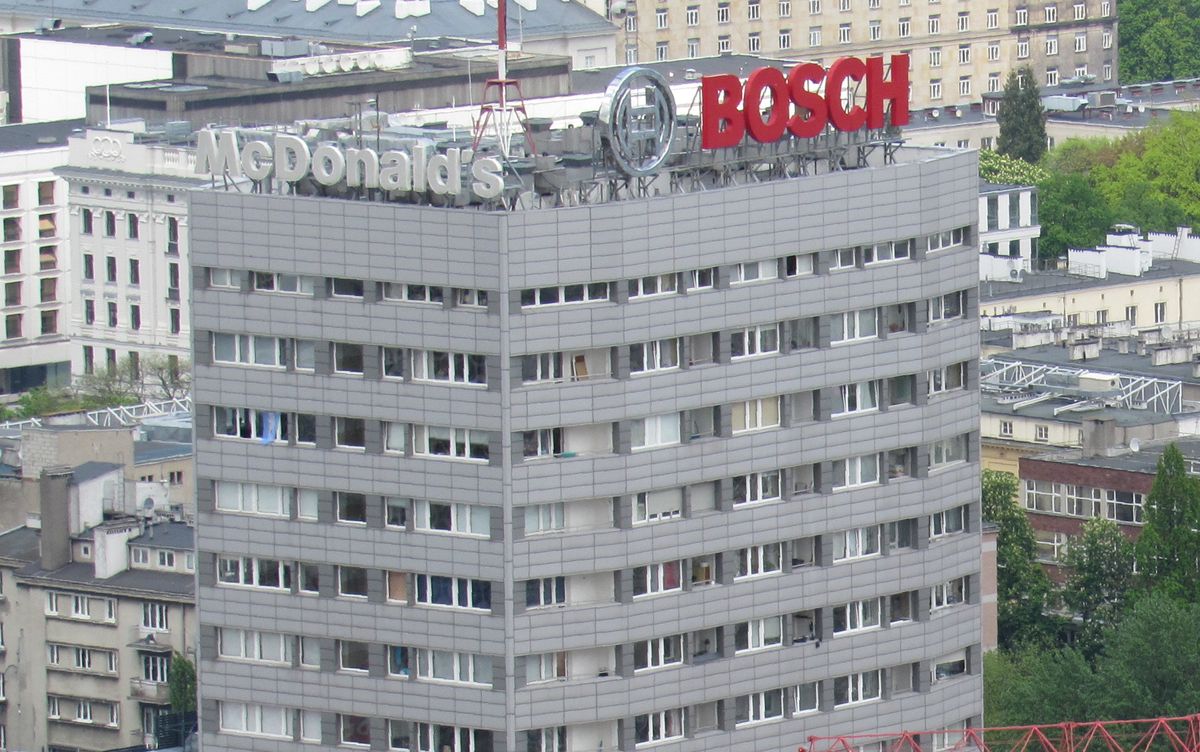TSMC Plans to Build Semiconductor Plant in Germany

The Lede: On Tuesday, Taiwanese chip-maker TSMC announced a plan to build a factory in Dresden located in Germany’s east as European countries move to secure technology supply chains with the help of state subsidies.
What We Know:
- The plant will be TSMC’s first in Europe and the Taiwanese company has said that it will be contributing €3.5 billion ($3.8 billion) while taking advantage of state support for the project which is expected to cost $11 billion.
- The Dresden location is due to open in 2027 and is set to have a production capacity of 40,000 300-millimeter wafers per month that will be used primarily for cars and industrial and home products
- German companies Bosch and Infineon and the Netherlands’ NXP will each own 10% of the plant while TSMC would own 70% of the plant through a subsidiary, European Semiconductor Manufacturing Company (ESMC).
The Background: The EU has been implementing its European Chips Act, which allocates a €43 billion subsidy for doubling its chipmaking capacity by 2030 after the continent faced shortages and high prices during the COVID-19 pandemic. Dresden and the state of Saxony have been a major center of chip production in Europe with every third semiconductor made in Europe originating from the region. It is also home to prominent research institutes and universities such as Fraunhofer and the Technical University of Dresden. The Dresden semiconductor chip technology cluster has seen continuous growth over the past two decades, attracting billions of dollars in investments. There are more than 2,500 companies employing roughly 76,000 employees in the region. In June, Intel announced plans for a €30 billion chip factory in Magdeburg, another city in Germany’s east, with a third of the cost expected to be covered by government subsidies. TSMC is also investing $40 billion in a new plant in the western U.S. state of Arizona and is building a plant in Japan in a joint venture with Sony.
Likely Outcomes:
- This plan for a new chip plant in partnership with a Taiwanese company follows the ‘de-risking’ trend of Germany and the EU in general. However, it also carries the nuance that the deal does not establish new linkages with Taiwan’s government even as Taipei has requested talks for a bilateral investment agreement with the EU. Europe will likely continue to make deals through free-flowing investment moving forward and put such considerations of bilateral agreements on hold. This is also a way to avoid too much negative feedback from China as the West moves down the ‘de-risking’ path.
- Chip production in Saxony will likely see a sizable boost, but the bulk of the global output will still take place in East Asia for the foreseeable future. It remains to be seen whether TSMC’s new plants in the U.S. and Europe will be successful given the talent required and the costs of production. Some analysts doubt that these ventures would have taken place at all in the absence of legislation in the U.S. and Europe that provide generous subsidies for chip manufacturing.
Quotables:
“Germany is now probably becoming the major location for semiconductor production in Europe. That is important for the resilience of production structures around the world, but it is also important for the future viability of our European continent, and it is of course particularly important for the future viability of Germany.” - Olaf Scholz, Chancellor of Germany
“There is going to be a real ecosystem for semiconductor manufacturing in Germany. It’s going to generate orders for the whole sector: for machine builders, for optics manufacturers, for skilled workers...With this TSMC investment, another global player in the semiconductor sector is coming to Germany. This shows that Germany is an attractive and competitive location.” - Robert Habeck, German Economy Minister
“Very pleased about the decision of TSMC to invest – together with 3 EU major semiconductor companies – into building a new semiconductor FAB in EU. It’s the EU Chips Act in motion – bringing stronger security of supply for Europe, including for EU’s automotive industry.” - Thierry Breton, European Commissioner for Internal Market
“Quick maths tell a blunt story: without the EU Chips Act, these investments would have been unlikely to take place in Europe, but they won’t be enough to increase Europe’s market share vis-à-vis Taiwan. Trends in semiconductor equipment spending tend to show that Taiwan’s and South Korea’s advance is in fact still increasing.” - Mathieu Duchatel, director of the Asia programme at Institut Montaigne
Good Reads:
Taiwan's TSMC to build semiconductor factory in Germany (DW)
Germany spends big to win $11 billion TSMC chip plant (CNN)
TSMC to build US$11 billion chip manufacturing plant in Germany (SCMP)
